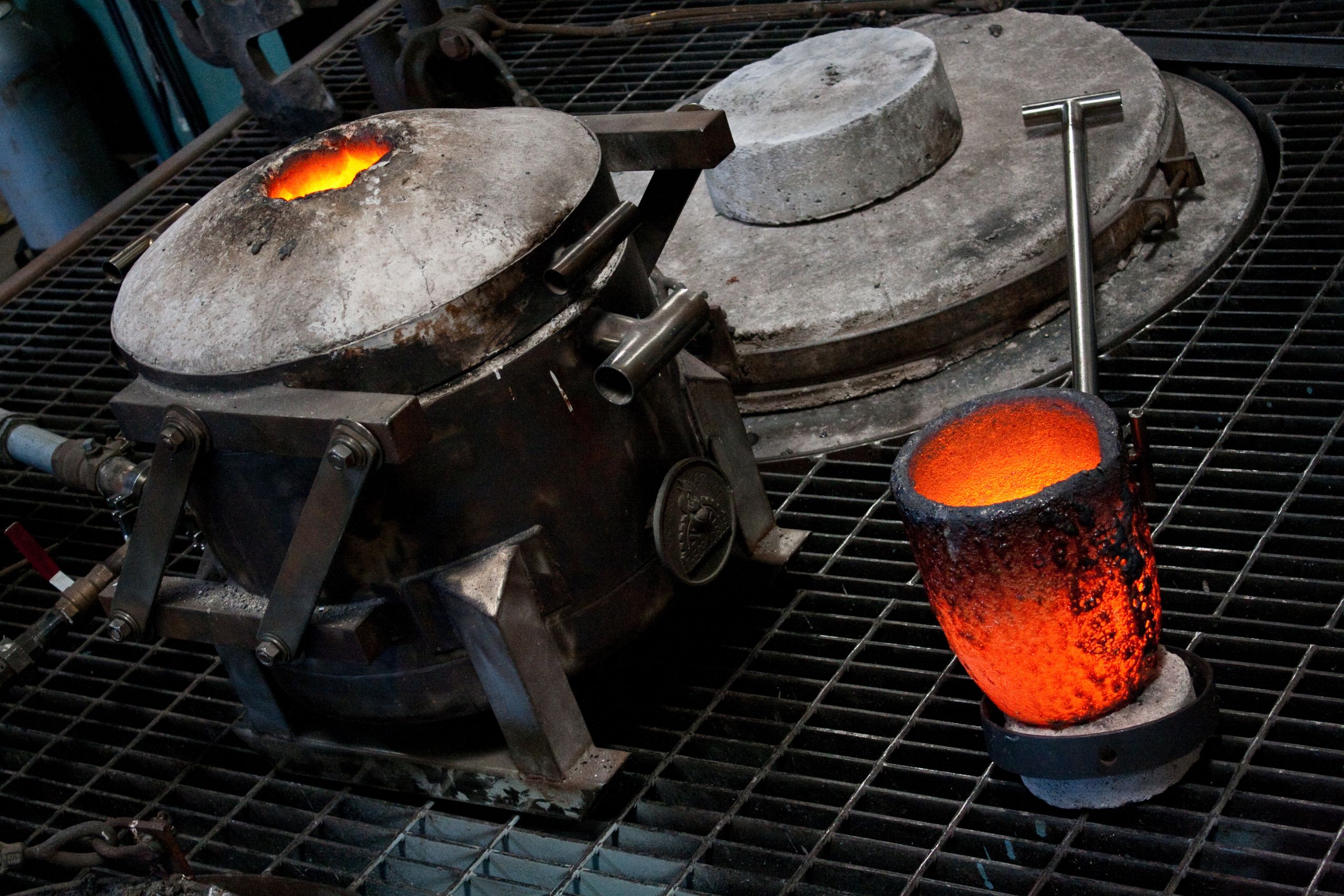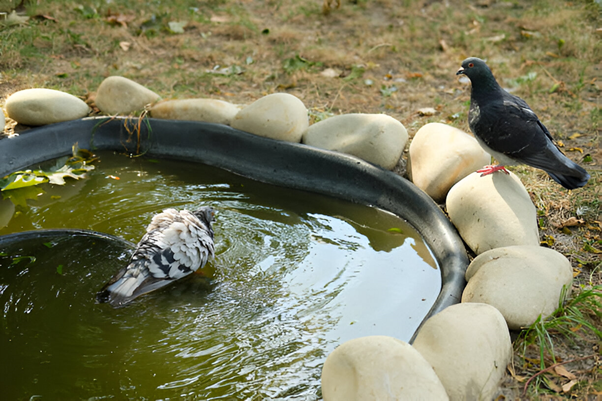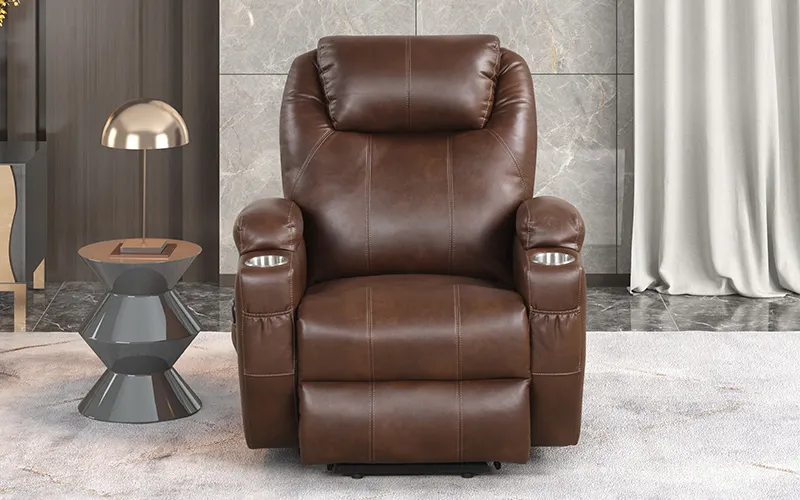What is foundry?
The foundry is a facility popular for metal casting process. This procedure entails certain steps such as melting the metal, pouring it into a mold, waiting for it to cool down, and molding it into a desired shape. If you were wondering what is foundry, this facility produces metal components for numerous sectors. As a result, this facility has gained immense importance.
Let us delve into five aspects you should know about foundries.
Metal casting process
The main activity of foundries is metal casting, which involves pouring molten metal into molds. The metal solidifies into the appropriate shape once it cools. A wide range of metal parts, from basic tools to intricate machinery components, are made using this procedure.
Types of metals used
You may cast various kinds of metals in a foundry including non ferrous metals such as copper, bronze, and aluminium. You can also cast ferrous metals like steel and iron. However, to determine the kind of metal to use, consider the product being made along with the necessary qualities such as strength and corrosion resistance.
Molding techniques
Foundries use different molding processes including die and sand casting. While sand casting is a cost-effective method to be used for large-scale production, die casting is deemed ideal for producing precise pieces. While the former uses sand molds, the latter employs metal molds for precision.
Applications of cast metal products
Various industries, including the aerospace, automotive, construction and industrial sectors make the most of goods manufactured at foundries. It uses metal casting procedure for producing engine parts, equipment, and tools.
Environmental impact
Foundries recycle scrap metal often, which lowers waste and encourages sustainability. But to reduce the effect, the foundry process may present some environmental issues, including emissions, which need to be properly controlled.
Final thoughts
A foundry is necessary for the casting process to produce metal pieces. It has numerous applications in a variety of sectors.




